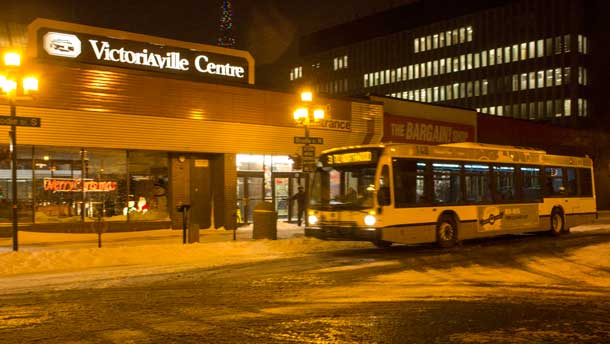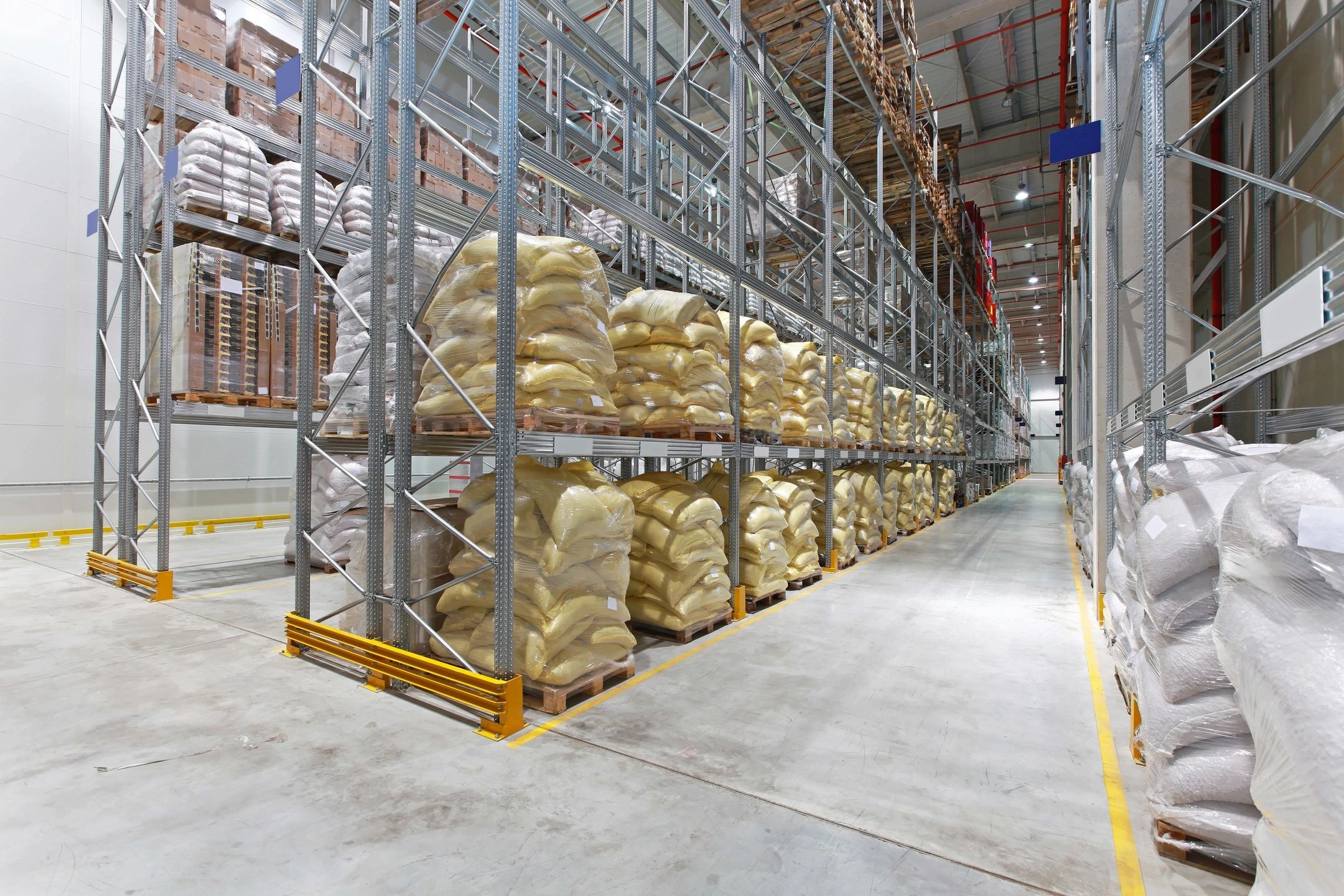Fort William First Nation Still Fighting for Help in Drug Crisis
Last summer, Fort William First Nation declared a state of emergency because of the growing drug crisis. Since then, the community hasn’t stopped asking for more support.
The Ojibway First Nation, located next to Thunder Bay, Ontario, bought a building at a private, off-reserve location. The goal is to help people who have finished a detox program but are still waiting to get into full treatment. But there’s a big problem — neither the provincial nor federal government has agreed to help pay for the building’s operating costs.
Chief Michele Solomon explained, “Because the facility is not on reserve, the federal government won’t fund it. But the provincial government says it’s not their responsibility either. So we get passed back and forth, like a hot potato.”
According to Ontario’s Office of the Chief Coroner, the Thunder Bay district — which includes Fort William First Nation — has the highest opioid death rate in the province, nearly five times the Ontario average.
“Thunder Bay has big challenges. For us, it’s even worse because we don’t have the same level of support or resources,” said Solomon.
Around 1,000 people live in Fort William First Nation, with nearly 3,000 total members. The community already offers some mental health and addiction help, but wait times for treatment are long. Solomon hopes the new care facility can help fill the gap.
“We’ve already put about $1 million into this building. We want it open and helping people,” she said. “We believe other First Nations and communities could use this as a model. It’s something that’s missing in the addiction care system.”
Governments Respond
Indigenous Services Canada (ISC) said it spent over $440,000 on mental health and addiction support in Fort William First Nation in 2024–2025. They also gave another $225,000 to support the community’s health goals.
A spokesperson said ISC knows Fort William is struggling with rising addictions and that talks with the community and province have been happening. However, they didn’t mention the new facility directly.
The closest treatment centres are Ka-Na-Chi-Hih (for youth) in Thunder Bay and Dilico Adult Residential Addiction in Fort William First Nation. ISC also covers travel costs for people needing treatment.
The Ontario government didn’t mention funding the new facility either but said it’s increasing support for mental health and addiction care in Thunder Bay. This includes:
-
A new Homelessness and Addictions Recovery Treatment (HART) Hub
-
Nearly 60 new treatment and sobering beds
-
A Youth Wellness Hub
-
A mobile crisis response team
Other Communities Taking Action
Long Lake #58 First Nation is also taking a community-led approach to fighting addiction. Since they don’t have a detox centre on their reserve, they’ve been bringing groups to a hotel in Thunder Bay to do a 10-day detox program. After that, they go into treatment and spend a month at Pasha Lake doing traditional healing activities like fishing and sharing circles.
“It’s amazing to see them healing and wanting to keep working on themselves,” said Noreen Agnew, who helps run the program.
After four months, the group is now preparing to return to their home community. Kyle Arnold, a community support worker, said healing together is making a big difference.
“They’re family, they support each other, and they’re building a recovery community back home,” he said.
Agnew added that the program listens to what people say they need. “We’re letting them lead the way, and that’s what’s making this work.”
Back in Fort William First Nation, Chief Solomon said she’ll keep fighting for local, community-based solutions.
“When services are designed by the people who use them, they’re more likely to succeed,” she said. “They reflect our values and culture — and that matters.”



